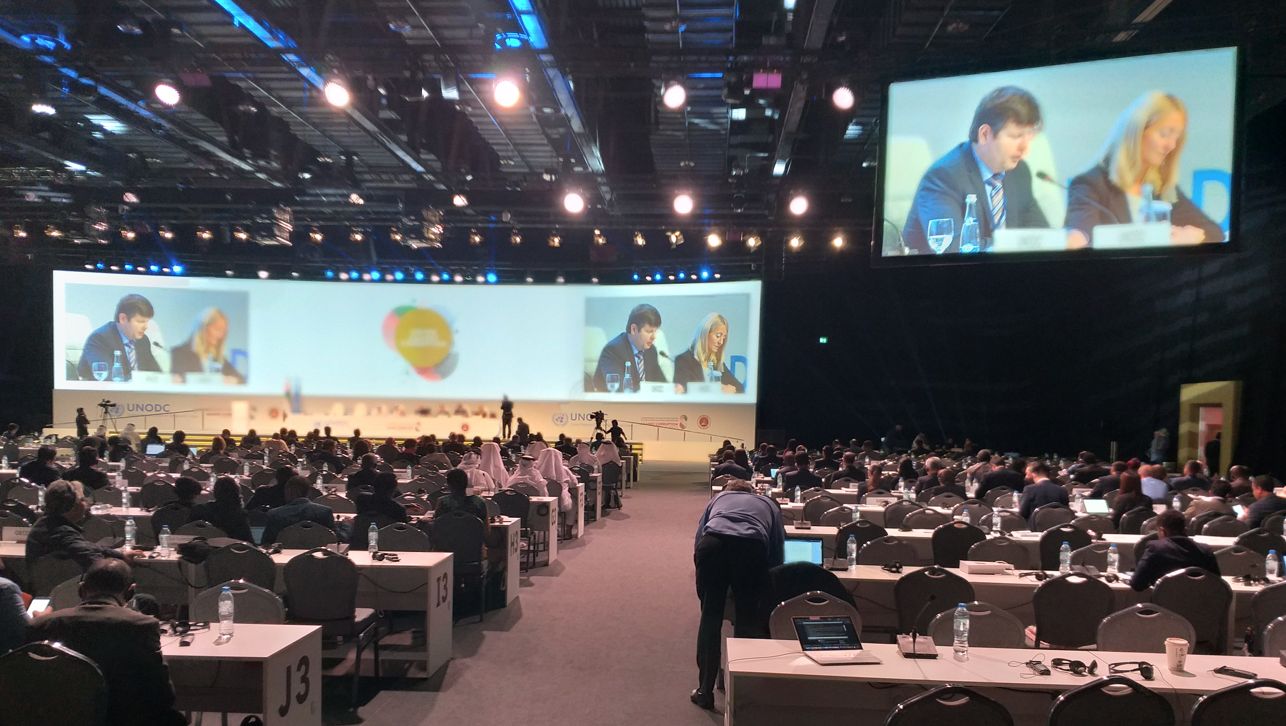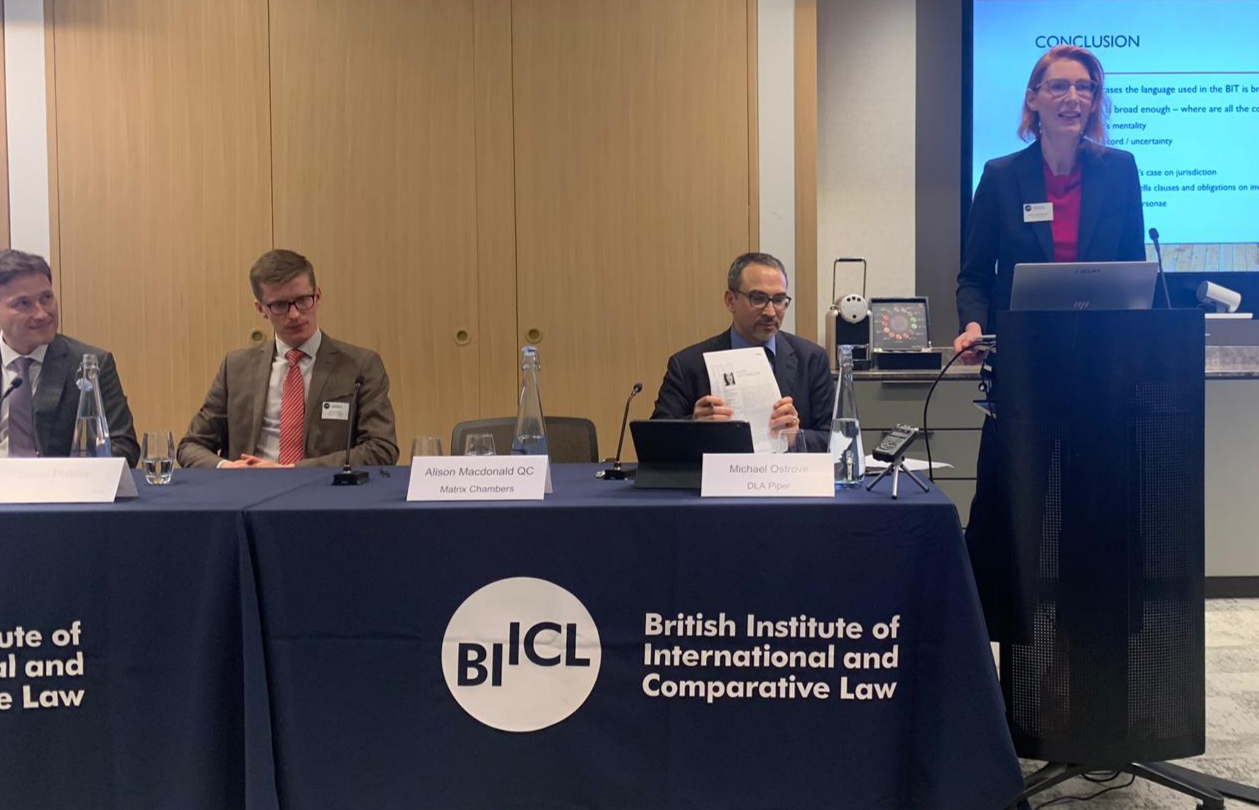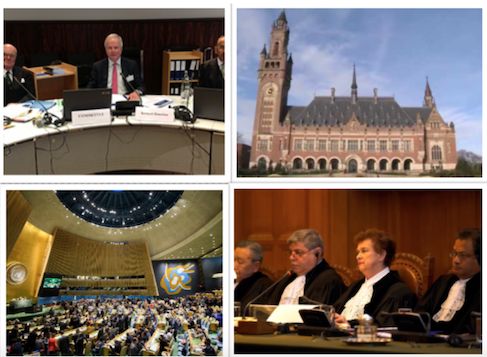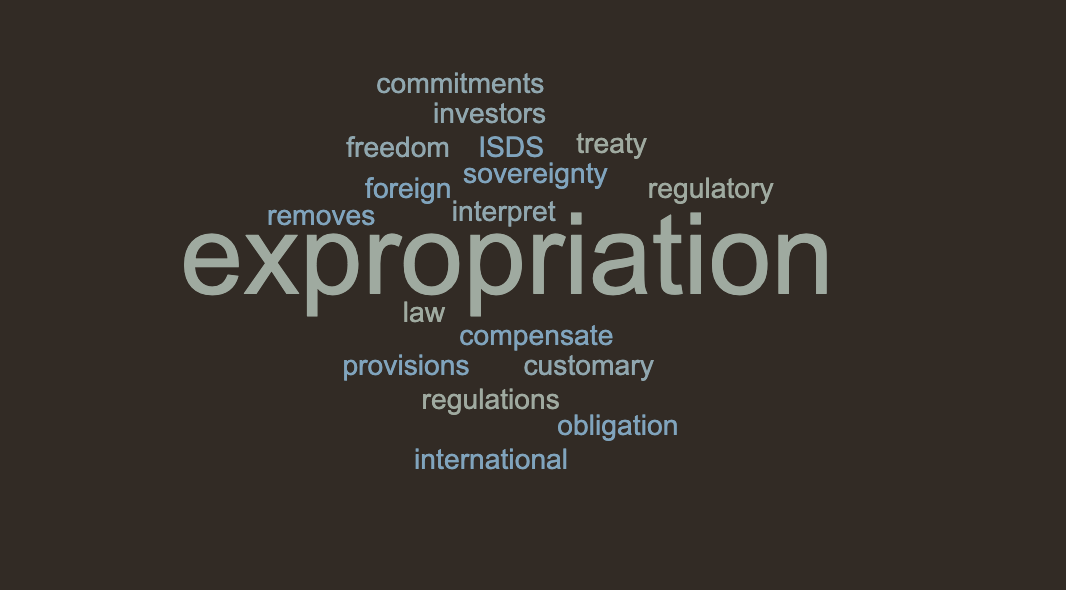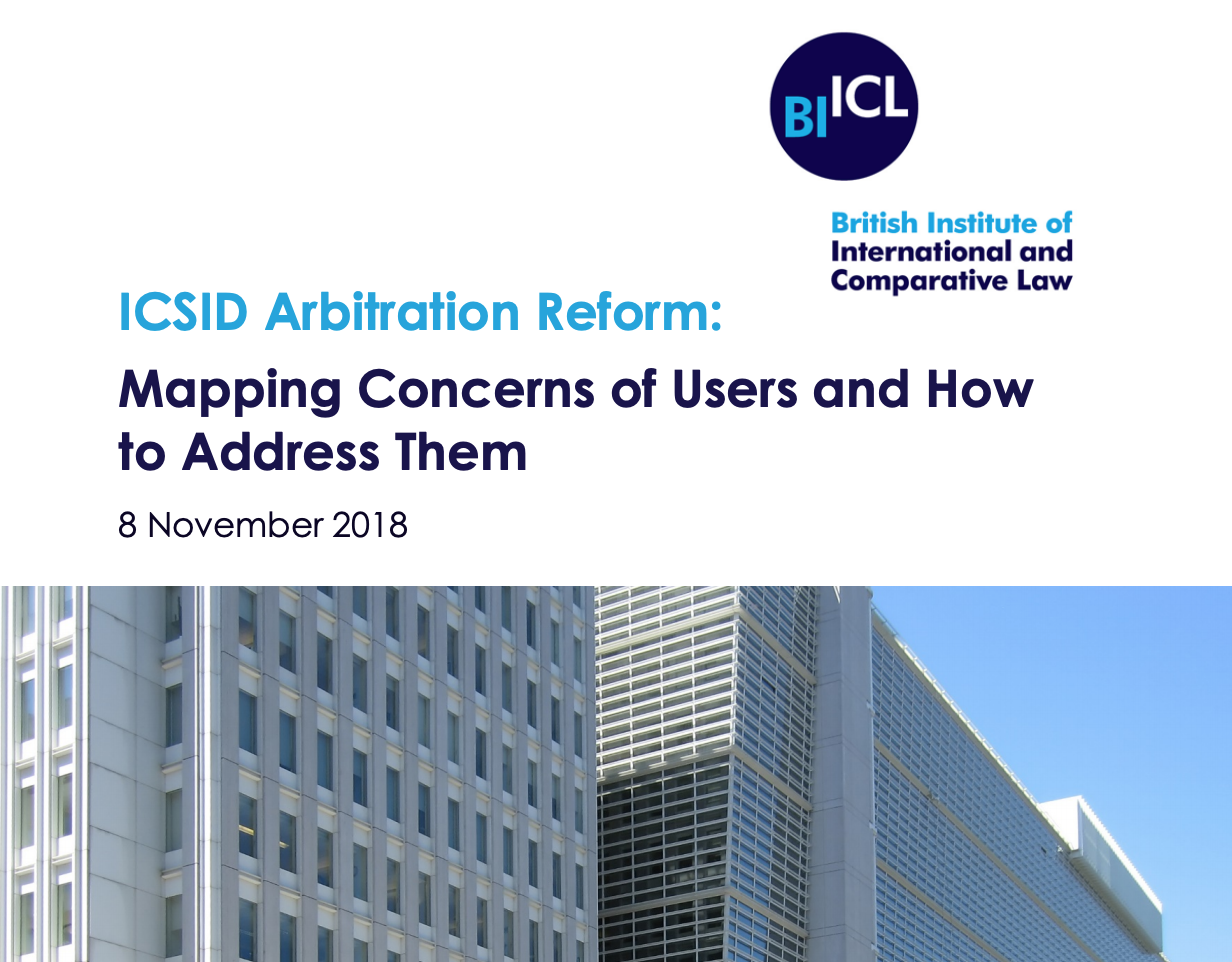On 17 December 2019 BIICL and the UN Office on Drugs and Crime conducted an event at the eighth session of the Conference of the States Parties to the 2003 United Nations Convention against Corruption (UNCAC) in Abu Dhabi. This bi-annual conference gathers representatives of over 180 States parties to the Convention to discuss various…
